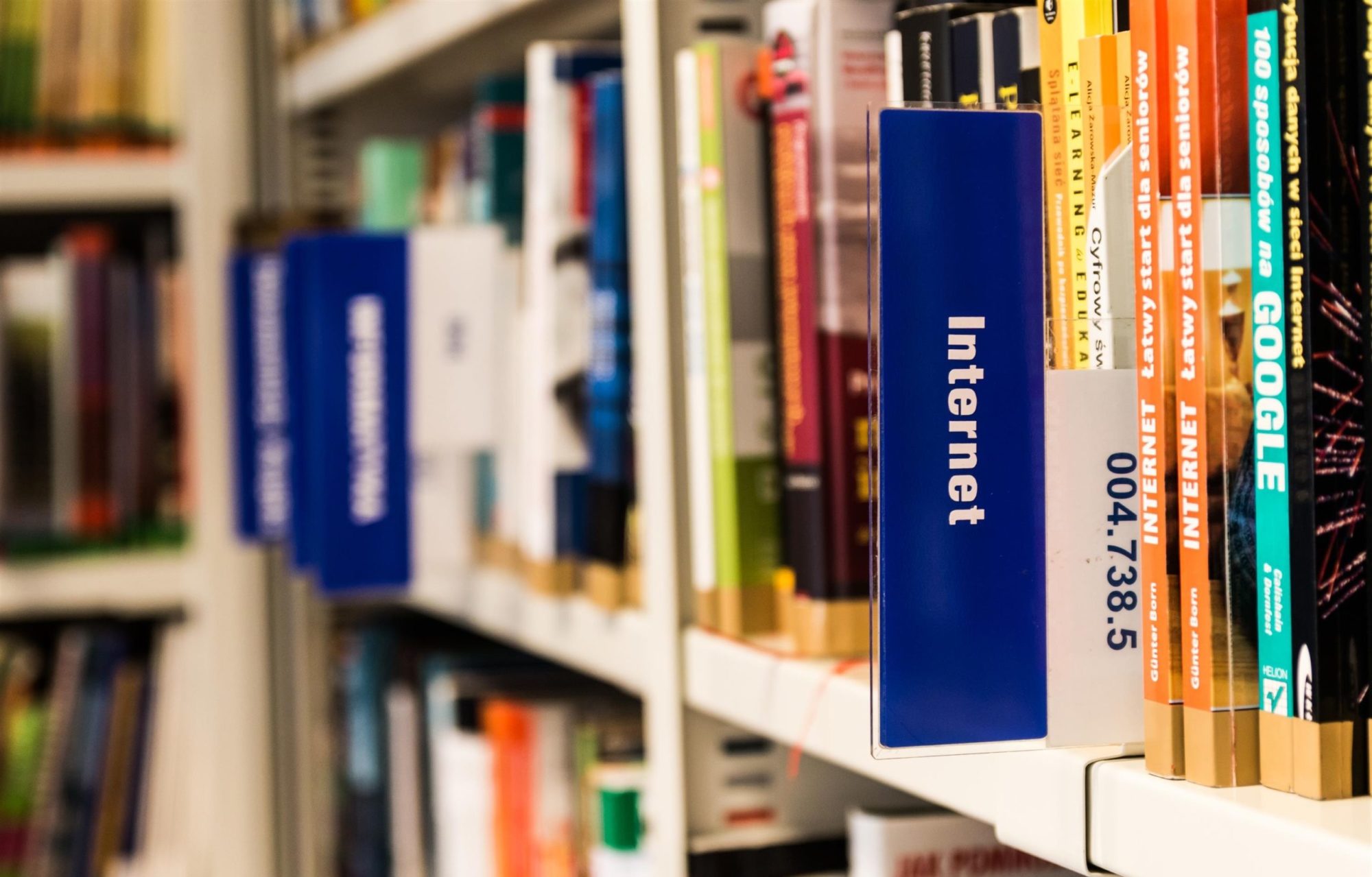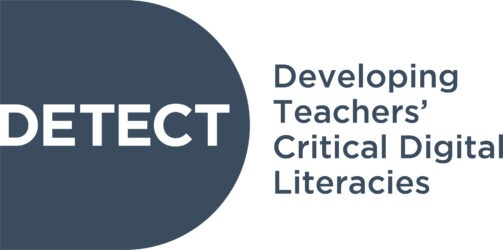The Critical Digital Literacies framework for educators aims to capture the various dimensions and sub-dimensions of critical digital literacies which are vital for educators and students living, teaching and learning in a digital world.
Read the Framework here.
Guides for teen
These educational tools for students aim at raising awareness on the violent contents of media and promoting civic engagement and media/digital literacy. They have been developed under the project e-EAV (e-Engagement Against Violence), supported by the DAPHNE-programme 2012-2014.
About the project
“The project looked at the pronounced populist and racist movements and groups in seven European countries, i.e. Austria, Belgium, Bulgaria, France, Italy, Great Britain, Slovenia.
The project analysed media and their use by populism actors. It looked into communication strategies of movements and their messages directed against “the Other”. The aim was to contribute to empowerment of youth and of teachers in counteracting racism”
CodeInnova curriculum
The document includes a concise model about a curriculum plan or learning path for Grades 1-9 related to programming and computational thinking. The model is created in the EU funded CodeInnova project. The material defines knowledge, skills and practices relevant for each grade level and suggest practical ways to support multidisciplinary teaching and learning at different stages of the learning path.
Meet – Media Education for Equity and Tolerance project
This is a toolkit designed and implemented under the project MEET (Media Education for
Equity and Tolerance), an Erasmus+ project. The main aim of MEET is to promote a critical and intercultural understanding and an aware use of media among young citizens in multicultural public schools and democratic societies.
The toolkit includes: a theoretical background, 3 videos and a set of pedagogical guidelines for supporting teachers in the design of inclusive and situated media education activities.
These can be used by teachers as a self-training tool, as a teaching resource and as a design tool.
The Learning Scenarios developed in this project could be adopted in teachers’ classrooms and the guidelines permits to understand how to adapt them to local context or how to create new ones
Teaching online inquiry skills
The material package includes example materials (teaching material in the form of slide shows, assignment instructions and digital work templates) from the teaching unit, which aims to teach knowledge work competencies, especially online inquiry skills. The teaching unit consists of a group work assignment of four lessons, structured according to the phases of the online inquiry process (searching, evaluating, synthesizing, presenting), in which students’ examine a contradictory health issue using online information sources.
The package consists of the following materials (in Finnish): Teacher’s Guide, Assignment Instructions, Students’ Work Document Template, Online Working Space Model as a
OneNote Notebook, and Instructions and Teaching materials for different work phases.
The teaching experiment was planned in the ARONI research project (Argumentative online inquiry in building students’ knowledge work competences, https://blogs.sis.uta.fi/aroni/) funded by the Academy of Finland and it was implemented
in collaboration with Finnish teachers in Mother Tongue and Literature high school courses in the academic year 2018-2019. Example materials are from this experiment, but the
working methods and the pedagogical model can be applied in any course and subject as well as to different educational levels.

